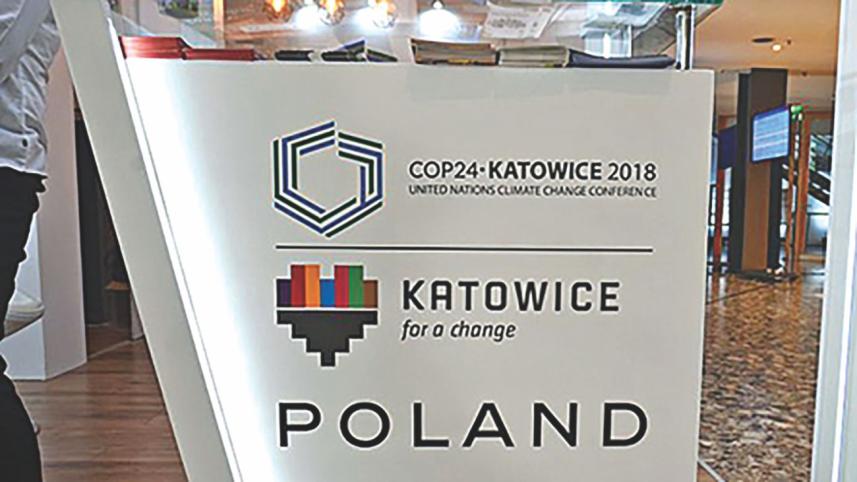UN COP 24 Climate Summit

This year's UN climate talks produced important steps forward in putting the landmark accord into practice. At the inauguration of the summit, UN chief warned that failure to agree would be 'suicidal' after 'rogue nations' block major scientific report.
After last-minute wrangling over wording, it has ultimately succeeded in its crucial primary task of agreeing the so-called rulebook for the Paris agreement. It is a significant achievement as it will enable all countries to implement all the different elements of the Paris Agreement in a manner that can be measured, reported and verified in a uniform manner. The Paris rulebook will spell out how countries can track and report on their efforts to tackle climate change, how they can communicate their plans, how progress can be assessed and how they can strengthen their efforts over time. It should serve to galvanise action and make sure countries are not slacking. Though it will apply to all countries, the rulebook will also need to allow some flexibility so that developing countries can keep up.
However, COP24 also represents a major failure to rise towards collective action to face the global challenge which has been highlighted by the scientific community in the IPCC'S special report on 1.5 degrees Celsius. Even though the summit a step forward, but fails to address climate urgency. The U.S., Russia and Saudi Arabia tried to undermine the gravity of the IPCC science report. Brazil successfully scuttled plans for an international carbon market. And COP24 failed to address the bioenergy carbon counting loophole, which incentivises the harvesting and burning of trees to make energy by calling the process carbon neutral.
One important issue that could not be resolved was over carbon markets, and how countries can gain credits for their efforts to cut emissions and their carbon sinks, such as forests, which absorb carbon dioxide. Even after failing to resolve this, it would, however, be a mistake not to recognise what was achieved.



 For all latest news, follow The Daily Star's Google News channel.
For all latest news, follow The Daily Star's Google News channel.
Comments